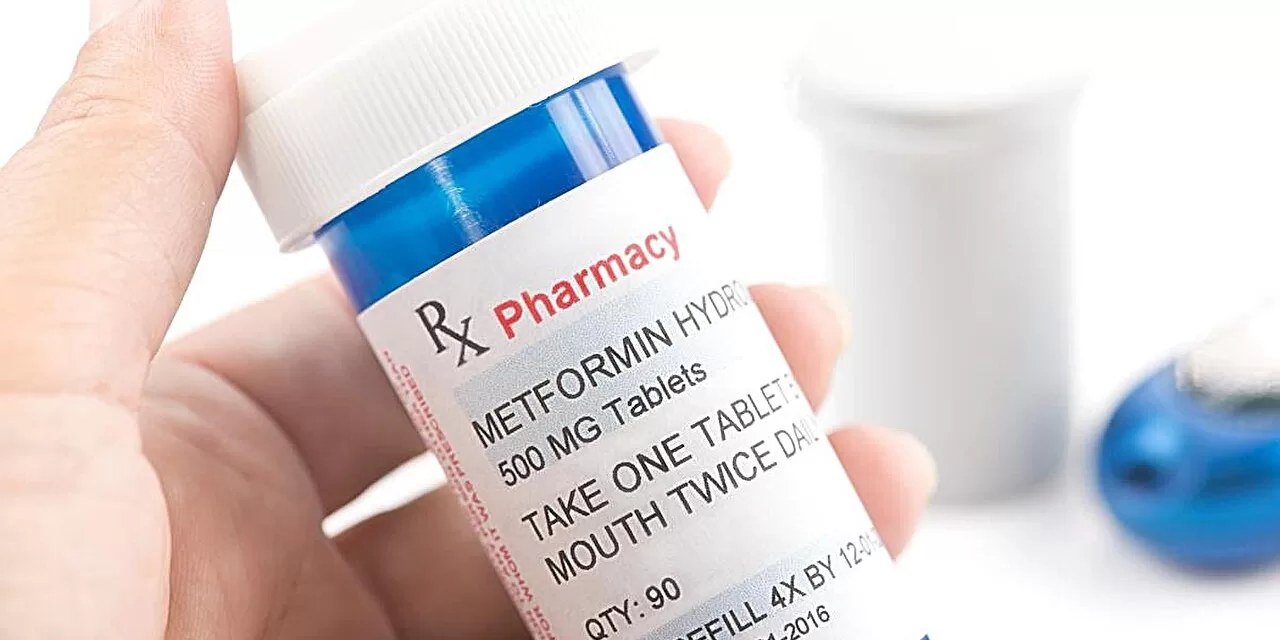British research suggests a surprising new use for popular diabetes drugs.
Two widely used diabetes medications, metformin and GLP-1 receptor agonists (GLP-1s), could significantly reduce asthma attacks, according to groundbreaking research from Imperial College London. The study, published on November 18 in JAMA Internal Medicine, found that these drugs cut asthma exacerbations by up to 70%.
The findings stem from a review of nearly 13,000 individuals with both type 2 diabetes and asthma. Metformin reduced the risk of asthma attacks by 30%, while adding a GLP-1 medication like Ozempic, Mounjaro, or Saxenda slashed the risk by an additional 40%.
Beyond Blood Sugar and Weight Control
Researchers believe the benefits extend beyond the drugs’ established effects on blood sugar and weight. “The results suggest that these medications may act directly on airway function to ease asthma symptoms,” said Chloe Bloom, senior lecturer in respiratory epidemiology and the study’s lead author.
Metformin’s anti-inflammatory properties and its ability to reverse airway hyper-responsiveness—a hallmark of asthma—have long intrigued scientists. Similarly, GLP-1 medications, which target cellular receptors found in both the brain and lungs, may calm overreactive airways.
Real-World Evidence
To validate these theories, Bloom’s team analyzed medical records of 12,700 type 2 diabetes patients with asthma from 2004 to 2020. They tracked the frequency of asthma attacks alongside the patients’ use of diabetes drugs.
“Metformin was associated with a lowered risk of asthma attacks by approximately 30%,” the study reported. Adding a GLP-1 medication provided an additional reduction of 40%. Interestingly, changes in blood sugar levels or weight did not fully explain the improvements in asthma outcomes, suggesting direct respiratory effects of the drugs.
A Potential New Treatment Path
The findings could open the door to new treatment options for asthma, particularly for individuals with metabolic dysfunction. Roughly half of the study participants with asthma were overweight or obese, putting them at increased risk for diabetes.
“This research highlights the potential for repurposing anti-diabetic drugs as much-needed alternative treatments for asthma,” said Bloom. However, she emphasized the need for further studies, including clinical trials, to confirm these benefits and uncover the mechanisms behind the drugs’ effects.
Looking Ahead
If future research supports these findings, metformin and GLP-1s could be considered as early interventions for adults with asthma, especially those with coexisting metabolic conditions.
For more information on asthma treatments, visit the Asthma and Allergy Foundation of America.











